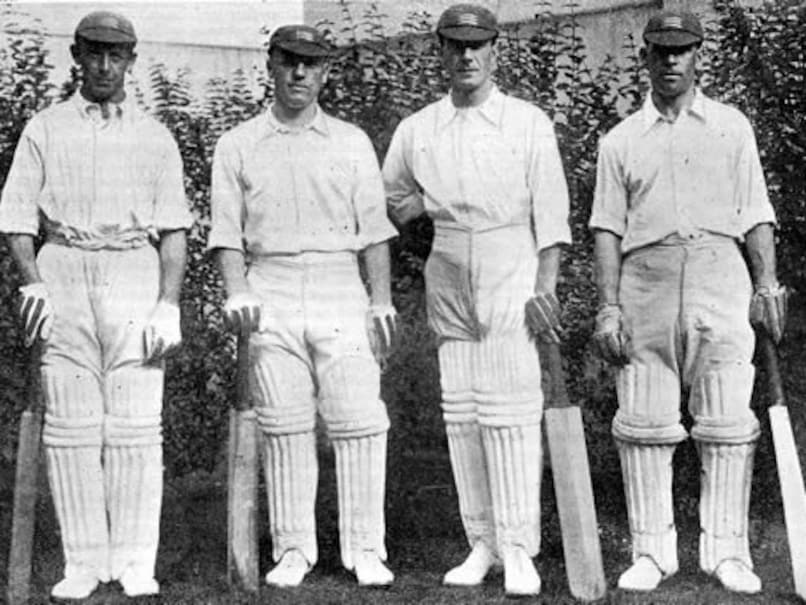Nottinghamshire Thrash Kent to Secure Survival, Relegate Hosts
Nottinghamshire’s emphatic ten-wicket victory over Kent at Canterbury has secured their survival in the Vitality County Championship and condemned the hosts to relegation.
Jacob Duffy’s four-wicket haul and Robert Lord’s three-wicket contribution proved decisive as Kent were dismissed for 230 in their second innings. Joey Evison’s 42 forced Nottinghamshire to bat again, but the target of 23 proved a mere formality, with Ben Slater and Haseeb Hameed chasing it down in just 3.3 overs.
Kent’s hopes of avoiding relegation were extinguished with this defeat, while Nottinghamshire’s survival is now assured if they avoid defeat in their final fixture next week.
Kent’s day three began disastrously, losing Tawanda Muyeye to Duffy’s bowling in the sixth over. Ben Compton and Jack Leaning followed in quick succession, leaving Kent reeling at 85 for 3. Lord then struck twice in his opening spell, removing Joe Denly and Daniel Bell-Drummond.
Harry Finch’s second-ball duck further compounded Kent’s misery, and despite Matt Parkinson’s brief resistance, Farhan Ahmed’s dismissal of the former England spinner left Kent on the brink of defeat.
Akeem Jordan’s boundary sparked a brief glimmer of hope, but Duffy and Lord combined to dismiss Jordan and Nathan Gilchrist, leaving Evison as Kent’s last hope. However, Lord’s catch at point ended Evison’s resistance, setting the stage for Nottinghamshire’s comfortable chase.
Slater’s six off Jordan sealed the victory, earning Nottinghamshire 23 points and leaving Kent with just three.


